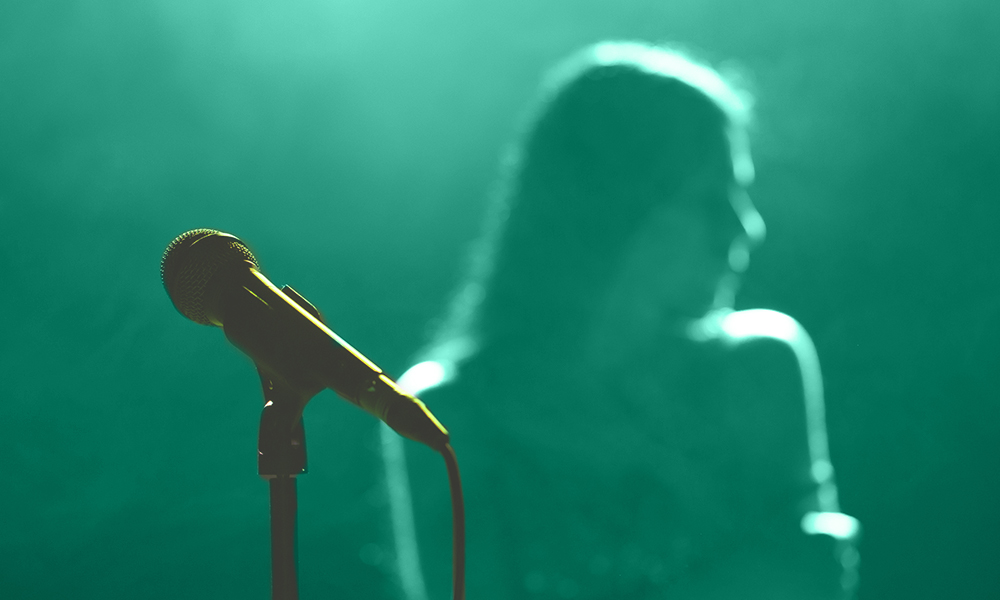The Supreme Court has again ruled on the protection of the personality rights of deceased celebrities. Analyzed in conjunction with the previous Dalí judgment, this new ruling may introduce some uncertainty as to the post mortem scope of protection of such rights.
A judgment by the Supreme Court (Civil Chamber) of June 16, 2022 (see here), concluded that the use of the image of the lead singer of the bands Golpes Bajos and Siniestro Total – who died in 2013 – by the sponsor of a music festival in Madrid featuring Golpes Bajos, constitutes an appropriation of the deceased artist’s fundamental right of publicity.
Consequently, the Supreme Court has confirmed the previous judgment by the Madrid Appellate Court, which was appealed by the sponsor of the festival, ordering it to pay compensation of 20,000 euros, and to partially publish the judgment in a media outlet in print and on two social media outlets.
The case started in October 2018, when the sponsor of the festival, in order to advertise that Golpes Bajos would be playing, decided to publish a poster on social media, which included the name and a photograph of the deceased lead singer of the band. His heirs considered that the use of the image was clearly for advertising purposes and contacted the sponsor to ask it to cease such use. Since it did not do so, the heirs filed a claim due to appropriation of the singer’s personality rights The claim was dismissed at first instance but was finally upheld by the Provincial Appellate Court.
The Supreme Court’s opinion
As expected, the Supreme Court held that publicity rights had been appropriated due to the commercial use of the name and image of the deceased individual on a festival poster, especially bearing in mind that the singer’s heirs had sent a cease and desist letter before the festival.
The exception set forth in article 8.1 of Organic Law 1/1982, of May 5, 1982, on the protection of the right to honor, personal and family privacy and personal portrayal (LO 1/1982) – cultural interest – was not considered applicable. “Maintaining or disseminating the knowledge and memory of a person who has made an important contribution to culture” can constitute cultural interest. However, in this specific case that interest does not arise, because there is a clear commercial intent, which lessens the cultural interest.
Neither was article 8.2, a) LO 1/1982 – public figure – considered applicable. Although the deceased was recognized as being a public figure, the court held that this did not justify any use at all. Use in a news item or information affecting that person could be justified, when the image is intended to illustrate the news item. However, in the case of the festival, use of the image was for advertising purposes, which cannot constitutionally prevail over a fundamental right.
Comparison with other earlier judgments by the Supreme Court
At this point, it would appear necessary to analyze how this judgment ties in with earlier rulings. In particular, the judgment of June 20, 2016 (Dalí case) (see here), which ruled on a slightly similar case regarding the use of Salvador Dalí’s name and image for advertising and commercial purposes (brochures, posters, billboards, bags and website).
In that case, the Supreme Court tolerated the use, for commercial or advertising purposes, of the name and image of a person who had died, on the grounds that the “memory of the deceased” – which is the real aspect protected post mortem under Organic Law 1/1982 – had not been affected, because his image had not been exploited in a disparaging manner or in a way that was inconsistent with the conduct of the diseased when he was alive.
The subsequent decision of December 21, 2020 (see here) which refers to prior case law by the Constitutional Court, concurs with this judgment. In particular, the Constitutional Court judgment of April 4, 2008 (see here), clarifies that death transforms reputation and is linked to the memory of the deceased individual’s family and friends. Consequently, those entitled to bring legal action to defend that reputation must “distinctly and categorically make clear their reaction to the insult to the memory of the person deceased”.
Although the judgment that we are looking at here, from 2022, does not address the extent of post mortem protection of personality rights, it does diverge to a certain extent from the mentioned Dalí judgment, especially bearing in mind that the image and name of the lead singer were used as a “tribute”, to indicate that his former band Golpes Bajos, was playing in the festival in question.
The decisive point in this case is possibly the prior conduct of the deceased, who, according to the Madrid Provincial Appellate Court judgment (see here), made it expressly clear that he did not want his name to be used for commercial purposes, or to carry out tributes to him in the future. The same is true of his heirs’ approach to the matter: as soon as they discovered that the singer’s image was being used, they contacted the festival sponsor to ask it to stop doing so.
The series of judgments above spark some uncertainty as to the scope of protection of the personality rights of persons who have passed away. Indeed, the extent to which those rights are protected after their death is not clear, nor whether the protection of their memory could extend to their assets – a right that is not considered fundamental – or whether it is limited to fundamental aspects. Will the Constitutional Court remedy the situation?
Ricardo López Alzaga
Garrigues Intellectual Property Department






